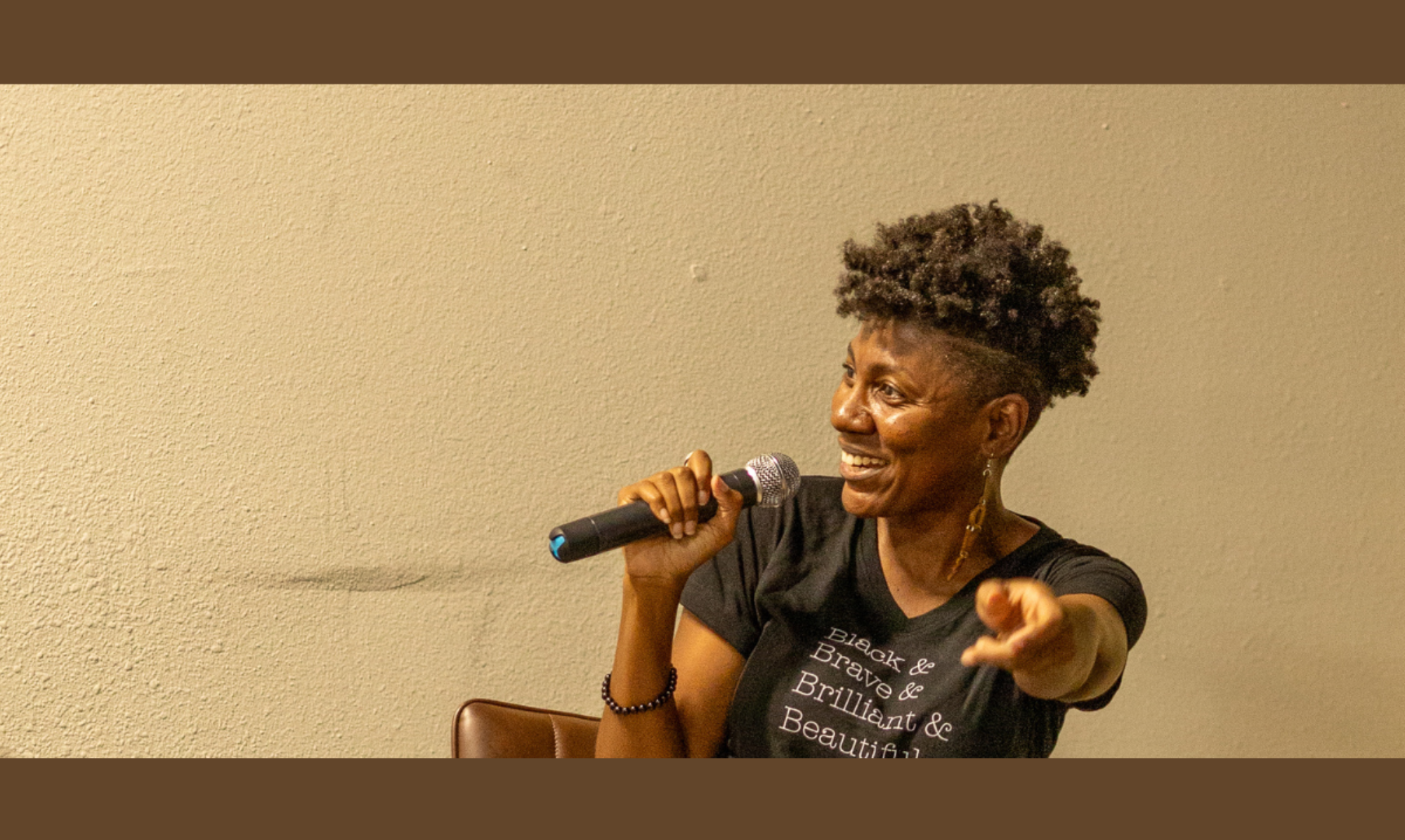A Movement to Save Our Thinning Hair
and Self-Worth
By Kirleen Richardson Neely PhD, LPC-S
We have all been bombarded with the abundance of YouTube videos and blogs discussing the concept of Good hair vs. Bad hair and more recently Natural vs. Relaxed hair for African American women. It’s clear that ethnic hair still carries with it power, pain, and controversy. This topic seems to have stood the test of time largely because of its deep connection to slavery. As with many things in modern day society, most discussion has centered on being for it or against it. What has struck me about these conversations is the lack of focus on the real life consequences of these constructs and, even more important, the lack of healthy conversation about solutions.
One consequence is generational hair shaming. Little Black girls are overtly told by caregivers and subliminally through media images that their hair is nappy, bad, and unmanageable. The shaming comes in the form of popping the child on the head with the comb, often out of frustration, or making verbal comments about the child having bad hair. Well-meaning mothers and caregivers pass shaming down generation after generation not even realizing its potential for harm. However innocuous the shaming might be, it ultimately impacts self-worth and personal pride.
Another very significant but less talked about consequence is the current epidemic of hair loss among Black women. The online photos of Black celebrities with thinning edges seem to be a microcosm of what hair professionals are seeing in their chairs. To meet the media-driven dominate standard of beauty and the intercultural belief that there really is such a thing as GOOD hair, Black women have feverishly engaged in damaging hair practices such as excessive braiding, weaving, coloring, and relaxing. When genetic factors and medical disease are ruled out, these practices contribute to hair loss.
It is easy to make the connection that if you are shamed as a child about your hair, when you are a teen and able to change it, you will. The lack of financial resources for most teens forces the all-too-often trip to the girlfriend’s kitchen to have your hair done. The girlfriend’s kitchen becomes the beauty shop, but little attention is paid to proper technique or possible damage from chemicals. Many young women are ending up with significant amounts of hair loss. Hair loss is a psychologically devastating experience for any woman; but when it occurs to a young woman, it’s even more destructive. These women are robbed of their confidence and feelings of self-worth.
As a psychotherapist and mother of two girls, I became curios about how all these factors intersect. I decided to conduct a qualitative research dissertation on the psychosocial implications of hair loss and beauty standards among young African American women. The study provided me with the opportunity to interview women in a very intimate manner. My study found that the combination of hair shaming as children and media-driven images leads young women to disconnect from their natural hair. Eventually, they opt to consistently wear their hair in weaves and long braids. This excessive use is done with blatant disregard for their real hair. Some women go months without washing or grooming their natural hair. The primary reason noted for this choice is the infectious amount of attention received when they no longer had African-type hair. The cruel irony is the desire for acceptance ultimately left them with hair loss and lowered self-worth.
Solutions to address this issue will need to be multifaceted, but educating mothers and caregivers about the impact of hair shaming is a good first step. Young girls also need clear advice on how to appropriately care for their hair and the possible long-term consequences of certain hair styles. Lastly, honest conversations about the history and politics of hair should be held with girls during late elementary school. Girls at this age are on the brink of learning to style and maintain their own hair. Straightforward conversation is needed because children are often told to love and accept themselves, but are not usually given the why behind the message. We should not underestimate their ability to comprehend this issue, because true change comes from understanding.
Copyright © 2014 Dr. Neely

